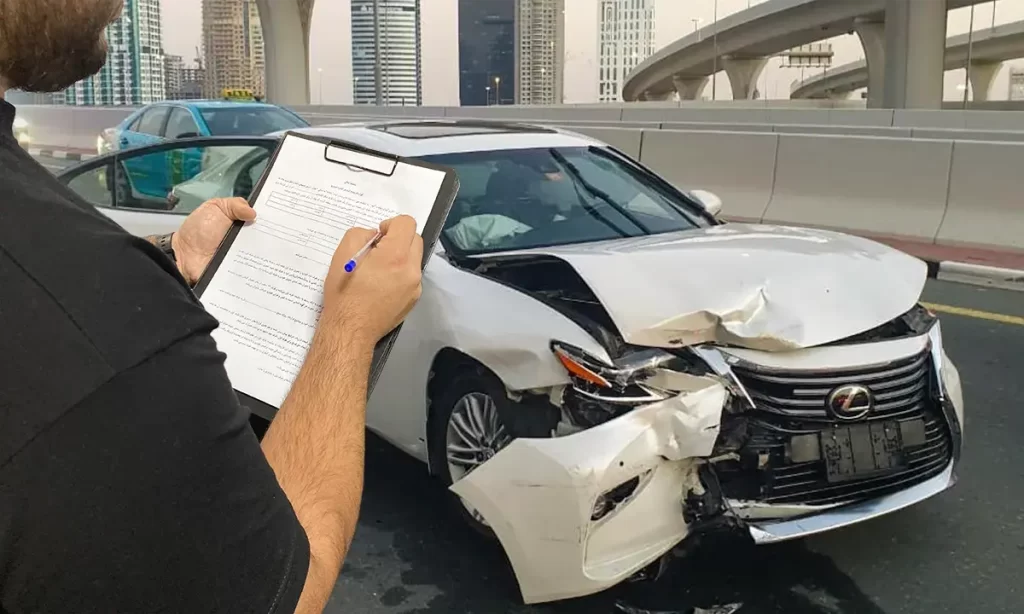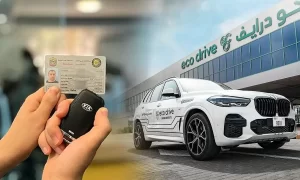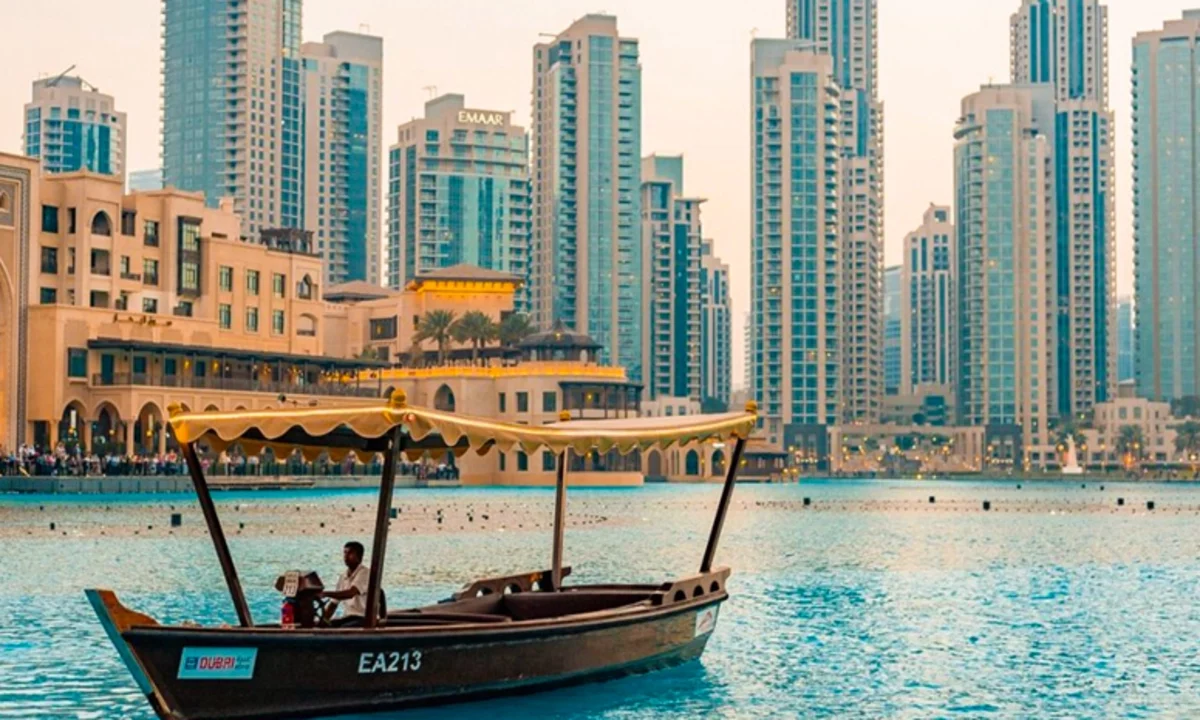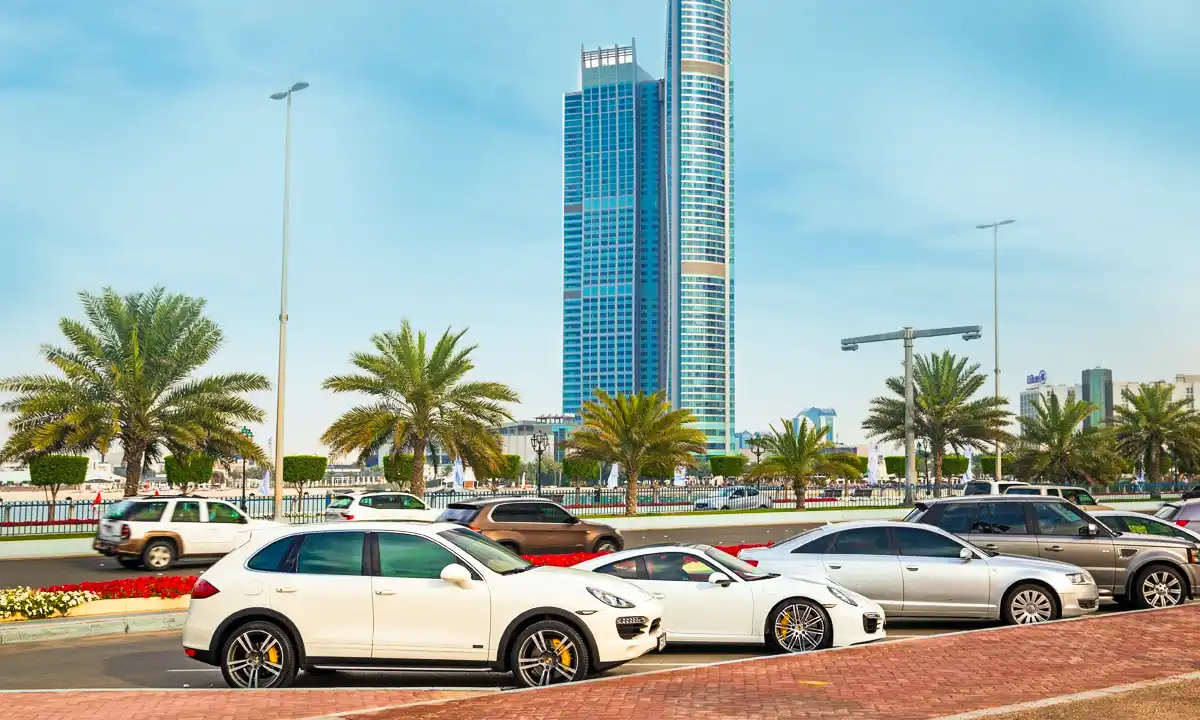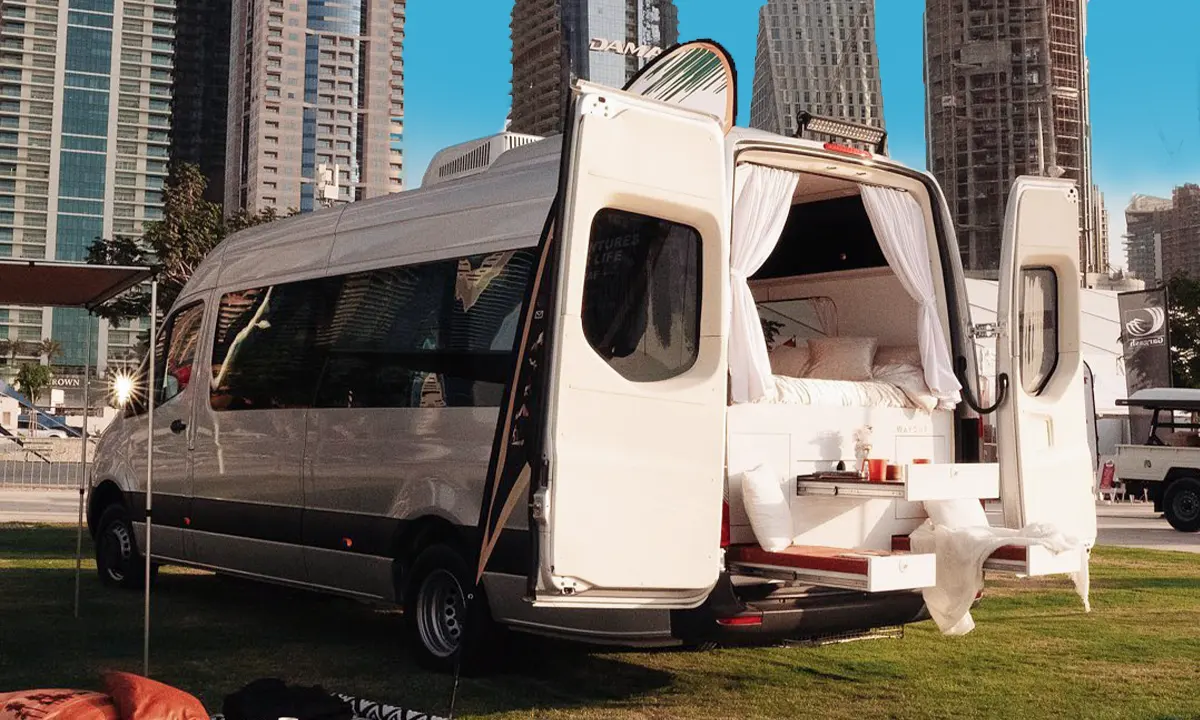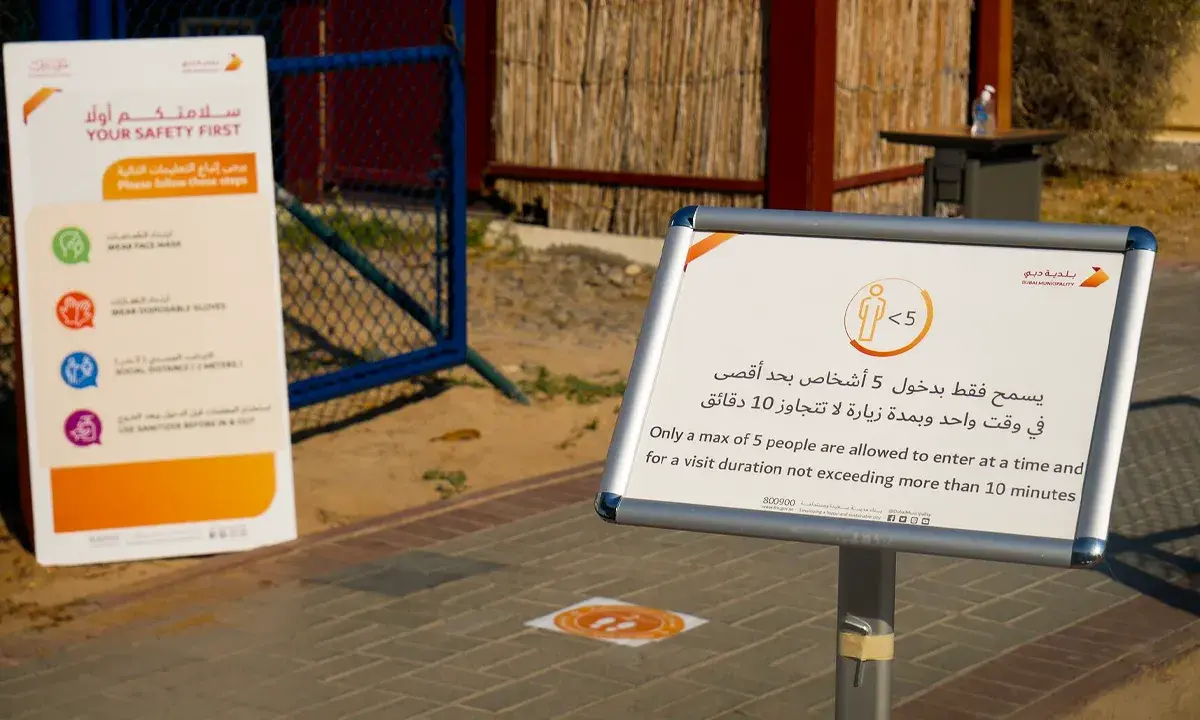Experiencing an accident with a rental car in Dubai can be stressful, but knowing the right steps can make a significant difference. From immediate actions to dealing with local authorities and insurance claims, this guide provides essential tips to navigate the situation smoothly. Stay prepared and informed to handle any mishaps confidently. Read on to ensure you’re equipped for any unforeseen incidents on Dubai’s roads.
What are the tips for an accident with a rental car in Dubai?
- Stay Calm
- Check for Injuries
- Move to a Safe Location
- Call the Police
- Gather Information
- Contact Your Rental Company
- Document the Scene
- Notify Your Insurance
- Follow Up with Authorities
- Review the Rental Agreement
Preparing for and Understanding Accidents in Dubai
Being prepared for accidents is crucial, especially when driving a rental car in a foreign city like Dubai. Preparation helps you stay calm and make informed decisions during stressful situations, ensuring safety and compliance with local regulations. Understanding Dubai’s unique aspects, such as its strict traffic laws, the necessity of involving the police in all accidents, and the specific procedures required by rental companies, is essential. This knowledge not only facilitates a smoother resolution but also prevents potential legal and financial complications. By being prepared, you can handle accidents efficiently and minimize their impact on your travel plans.
Immediate Actions to Take After an Accident
When an accident occurs, acting swiftly and effectively can help mitigate further issues and ensure everyone’s safety. Here are the key immediate actions to take:
- Stay Calm:
Maintaining composure is critical in the aftermath of an accident. Panicking can cloud judgment and hinder your ability to deal with the situation. Take deep breaths and focus on staying as composed as possible. This calm demeanor is also reassuring to others involved, potentially reducing the overall stress of the situation.
- Check for Injuries:
Prioritize safety by quickly assessing whether you or any passengers in your vehicle have sustained injuries. Do the same for individuals in any other involved vehicles if you can safely do so. Immediate identification of injuries is crucial to determine the need for urgent medical attention. Call emergency services if there are any signs of serious injuries or if anyone is in distress.
- Move to a Safe Location:
If the vehicles are operable and it’s safe to do so, move them to the side of the road or another nearby safe location. This step helps prevent any additional accidents by keeping the accident scene clear of the ongoing traffic. Use hazard lights, traffic cones, or warning triangles to alert passing drivers, enhancing safety for everyone at the scene.
Each of these steps plays a vital role in ensuring that the immediate aftermath of an accident is managed safely and effectively, setting a solid foundation for the subsequent necessary actions such as involving the police and handling insurance matters.
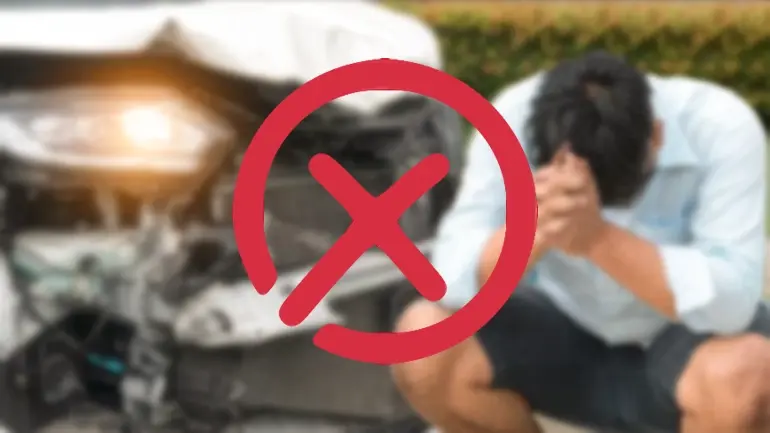
How to Report a Car Accident in Dubai?
Reporting a car accident promptly and accurately is crucial, especially in a city like Dubai where traffic regulations are strictly enforced. Here’s how to navigate the process:
- Calling the Police:
It is mandatory to contact the Dubai police immediately after any traffic accident, no matter how minor. You can call the police at 999 for emergencies or use the Dubai Police app to report non-emergency accidents. The police will arrive at the scene to assess the situation and facilitate the exchange of information between the involved parties.
- Information to Provide:
When the police arrive, be ready to provide essential details including your driver’s license, vehicle registration, insurance information, and a brief account of the incident. Be factual and concise in your description, avoiding assumptions or blame.
- Receiving the Police Report:
The police will investigate the scene and may take statements from witnesses and other drivers. Following their assessment, they will issue a police report. This report is critical for insurance claims and any legal proceedings. Ensure you receive a copy of the report and check it for accuracy. It typically indicates who the police determined was at fault.
Following these steps ensures that the accident is documented correctly, which is necessary for resolving any claims with your rental agency or insurance company and helps protect your rights and responsibilities under Dubai law.
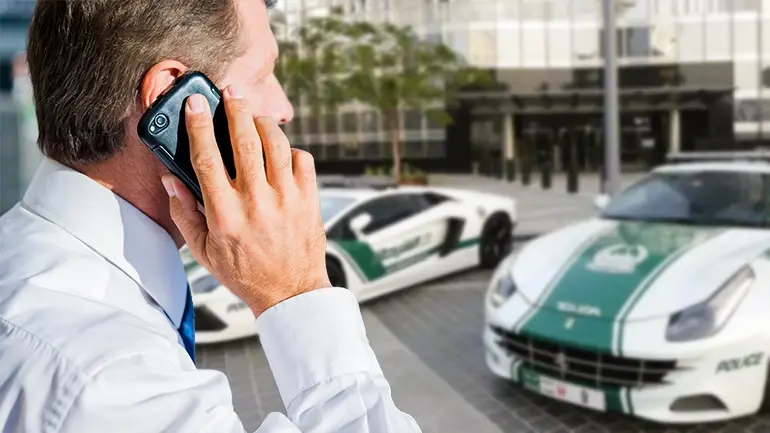
Essential Steps for Gathering Information After a Car Accident
After a car accident, collecting comprehensive and accurate information is vital for any subsequent legal or insurance processes. Here are the essential steps to ensure you gather all necessary details:
- Exchange Details with Other Parties:
Obtain the names, contact information, driver’s license numbers, and insurance details of all drivers involved. Additionally, note the make, model, and registration numbers of all vehicles involved. This step is crucial for insurance claims and potential legal proceedings.
- Collect Witness Statements:
If there are any witnesses to the accident, ask for their names and contact information. Having third-party accounts can be invaluable in corroborating the events that took place. Encourage them to stay until the police arrive so they can provide official statements, which will lend credibility to your case.
- Take Photos and Videos of the Scene:
Use your smartphone or camera to take comprehensive photos and videos of the accident scene from multiple angles, capturing the positions of vehicles, visible damage, road conditions, traffic signs, and any relevant street markers. This visual evidence can help insurers and legal bodies understand exactly what happened and who might be at fault.
Following these steps diligently will provide a robust basis for any necessary negotiations with insurance companies or legal consultations, ensuring that all aspects of the incident are thoroughly documented.
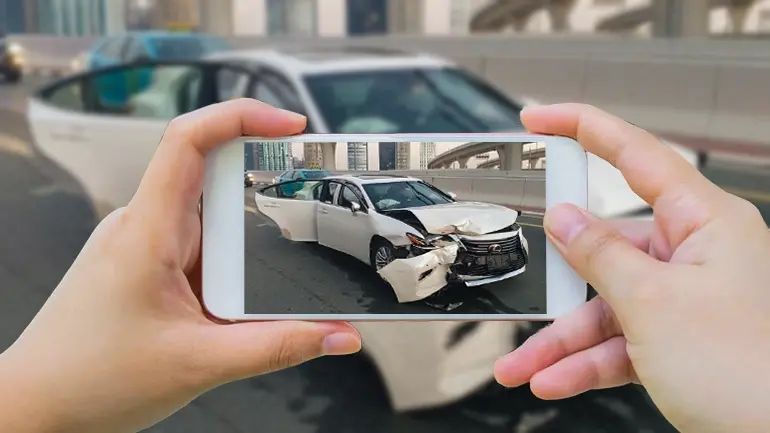
Navigating Communication with Your Rental Car Company After an Accident
After an accident in a rental car, it’s crucial to handle communications with your rental company efficiently to ensure all procedures are followed correctly. Here’s how to effectively manage this process:
- Informing Them of the Incident:
As soon as it is safe to do so, contact your rental car company to report the accident. Provide them with a brief overview of what happened, the location, and the time of the incident. Most companies have a dedicated hotline for emergencies, which is typically listed in your rental agreement or on their website.
- Understanding Their Procedures:
Ask for clear instructions on what to do next. Rental companies usually have specific protocols for dealing with accidents, which may include filling out an accident report form, taking the car to a designated repair shop, or arranging for a tow if the vehicle is not drivable. Make sure you understand whether you need to contact their insurance or if they will handle claims on your behalf.
- Following Their Instructions:
Adhere strictly to the instructions provided by the rental company. This may include not admitting liability or discussing fault at the accident scene, as well as specific steps for handling the vehicle and any necessary paperwork. Following these instructions is vital for ensuring that you remain covered under the terms of your rental agreement and any insurance policies involved.
By taking these steps, you can manage the situation more effectively and ensure that all necessary procedures are followed to mitigate any additional stress or complications.
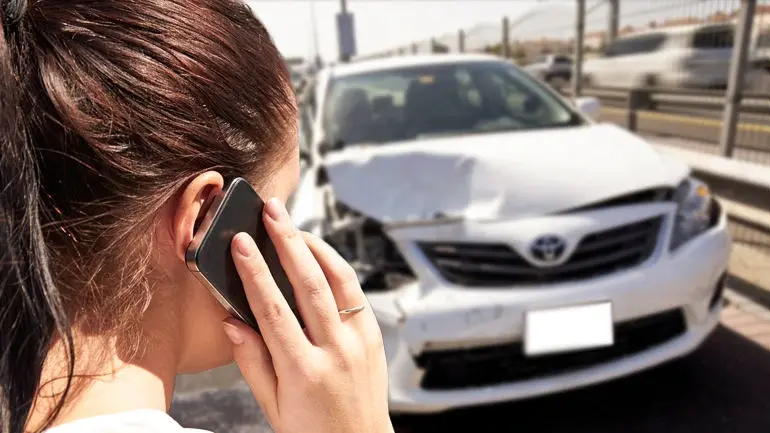
Managing Insurance Claims After a Car Accident
Dealing with insurance after a car accident involves several key steps that are crucial for ensuring your claim is processed efficiently and effectively. Here’s what you need to know:
- Notify Your Insurance Provider:
Contact your insurance provider as soon as possible after the accident. Most insurance policies require prompt notification to start the claims process. Provide them with the initial details of the accident and your policy number to expedite this process.
- Understand Your Coverage:
Review your insurance policy to understand what coverages apply to your situation, such as liability, collision, or comprehensive insurance. Knowing your deductible amounts and any exclusions can also help set realistic expectations for what expenses you might face.
- Claims Process and Documentation:
Follow your insurance provider’s instructions for filing a claim. This typically involves submitting a claim form, providing a copy of the police report, and documenting the damage with photos. Keeping detailed records and receipts related to the accident, such as towing expenses or medical bills, is crucial for reimbursement.
By following these steps, you can navigate the complexities of filing an insurance claim, ensuring that you receive the compensation you’re entitled to under your policy while minimizing the potential for delays or disputes.
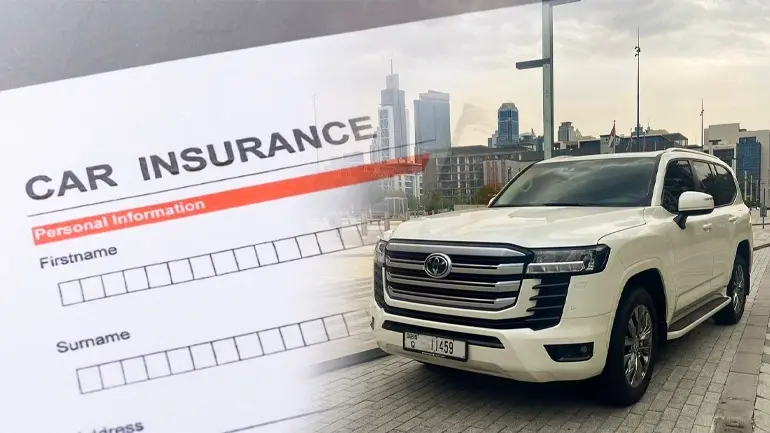
Understanding Legal and Regulatory Aspects Following a Car Accident
After a car accident, it’s crucial to be aware of and comply with the specific legal and regulatory requirements of the location where the accident occurred. Here’s how to navigate these complexities:
- Review Local Laws and Regulations:
Familiarize yourself with the local traffic laws and regulations that apply to car accidents. This includes understanding the right-of-way, reporting thresholds for damage, and specific steps that must be followed post-accident. In Dubai, for instance, it’s mandatory to report any traffic accident, no matter how minor, to the police.
- Potential Penalties and Fines:
Be aware of the potential penalties and fines that could result from the accident. These might include fines for traffic violations that led to the accident, such as speeding or running a red light, as well as penalties for failing to report the accident or comply with post-accident procedures.
- Cooperation with Authorities:
Cooperating fully with police and other authorities is essential. Provide them with all requested information and documents promptly. This cooperation not only helps ensure a smoother process but also minimizes the risk of additional legal complications.
Understanding and adhering to these legal and regulatory considerations can significantly affect the outcome of your accident case. It ensures that you remain compliant with the law while minimizing potential liabilities.
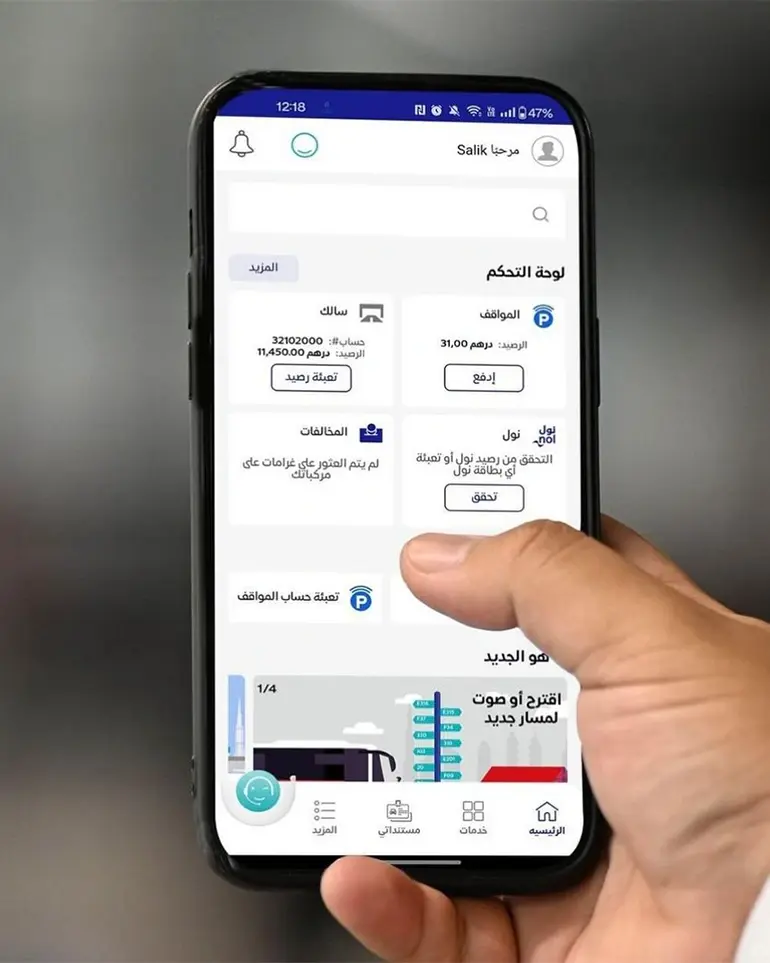
Assessing Your Rental Agreement Post-Accident
After a car accident involving a rental vehicle, it’s crucial to carefully review your rental agreement to understand your responsibilities and coverage. Here’s what to focus on:
- Understanding Terms and Conditions:
Review the specific terms and conditions outlined in your rental agreement. Pay close attention to clauses related to accidents and vehicle damage. This will help you understand what is expected of you and what the rental company is responsible for handling.
- Liability and Damage Waivers:
Check whether your rental agreement includes liability insurance and damage waivers, such as Collision Damage Waiver (CDW) or Loss Damage Waiver (LDW). These waivers can limit your financial responsibility for damages or theft of the vehicle, but they often come with conditions and exclusions.
- Additional Fees:
Be aware of any additional fees that may be charged in the event of an accident. These can include fees for vehicle downtime while it is being repaired, administrative fees, or charges for loss of use. Understanding these fees is essential to avoid unexpected costs.
Reviewing these aspects of your rental agreement will provide a clear picture of your obligations and any potential financial impacts after an accident, ensuring you are fully informed and prepared to handle the situation effectively.
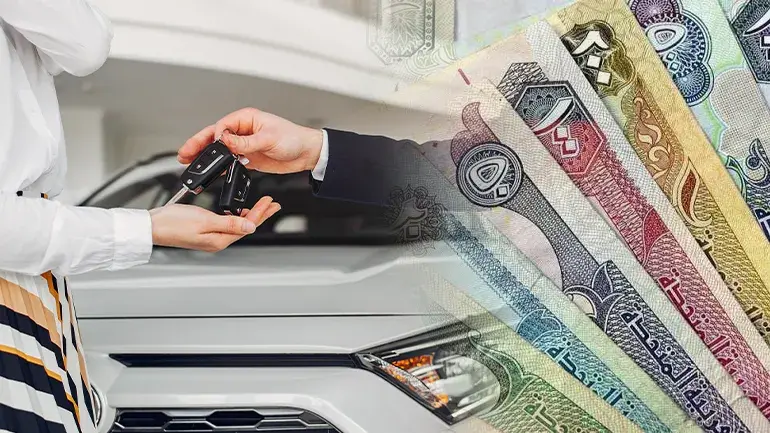
Effective Post-Accident Follow-Up Procedures
After a car accident, it’s essential to follow through thoroughly to ensure all aspects are addressed properly. Here’s how to manage the post-accident process effectively:
- Repair and Maintenance of the Vehicle:
Arrange for the necessary repairs and maintenance of the damaged vehicle. Consult with your rental company about their preferred service providers or repair shops. Ensure that all repairs are documented and aligned with the terms outlined in your rental agreement.
- Communication with All Relevant Parties:
Maintain open and consistent communication with your rental agency, insurance company, and any other involved parties such as legal representatives or other drivers involved in the accident. Keeping everyone informed helps streamline the resolution process and prevents misunderstandings.
- Ensuring Proper Resolution:
Follow up regularly to ensure that all aspects of the accident are being handled appropriately. This includes checking that claims are processed, repairs are completed satisfactorily, and any legal issues are resolved. Ensuring a thorough resolution not only helps avoid future complications but also aids in closing the incident conclusively.
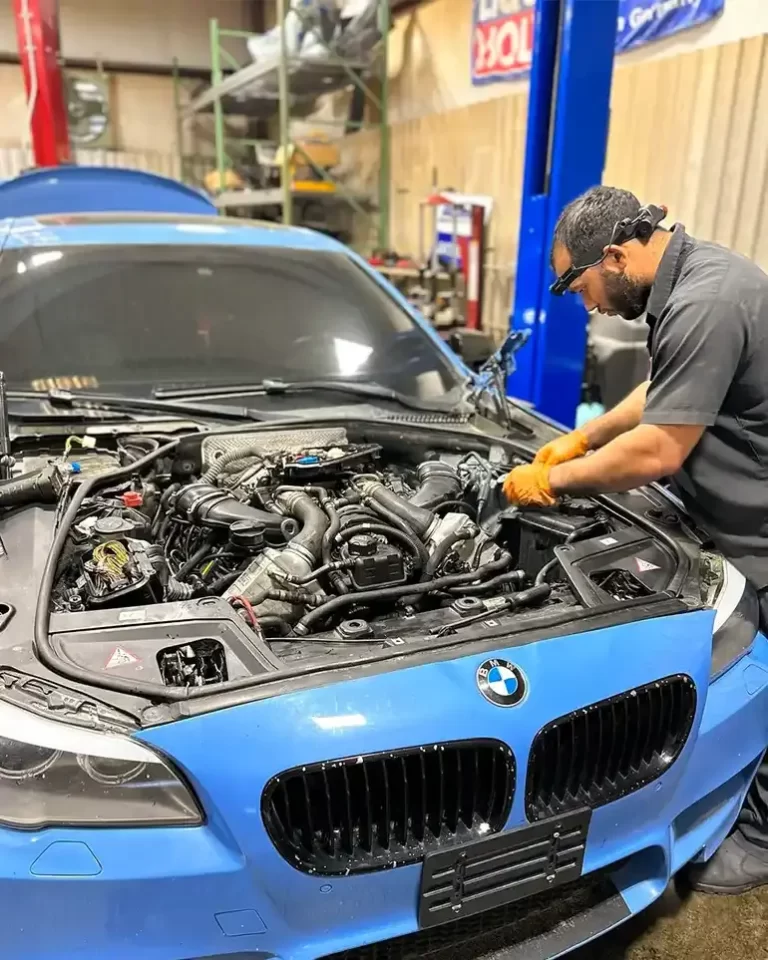
Last word
In conclusion, effectively managing the aftermath of an accident with a rental car in Dubai requires a comprehensive understanding of several key procedures. From the initial steps of staying calm, checking for injuries, and ensuring a safe scene, to the complexities of dealing with legal requirements, insurance claims, and rental agreements, each aspect plays a crucial role in navigating the process smoothly. The importance of staying informed about local laws, insurance coverage, and your rental agreement cannot be overstated. Being prepared empowers you to handle unforeseen events with confidence, ensuring that you can address any issues comprehensively and minimize the impact on your experience in Dubai. Remember, preparation is your best tool when dealing with the unexpected, helping you to manage any situation effectively and efficiently.
FAQ
What should I do immediately after a car accident in Dubai?
Immediately after an accident, ensure the safety of all parties, move to a safe location if possible, and call the police. It’s crucial to stay calm, check for injuries, and wait for the police to arrive to document the incident.
Do I need to notify my rental car company if I'm involved in an accident?
Yes, you must notify your rental car company immediately after an accident. Provide them with a detailed report of the incident, including the damage to the vehicle. They will guide you on the next steps, such as where to tow the vehicle if necessary.
How do I handle insurance claims for a rental car accident in Dubai?
Go through the steps carefully: Notify your insurance provider as soon as possible. You will also need to provide the police report, along with any other required documentation, such as photographs of the accident scene and a detailed account of the incident. Your rental company can assist with the specific procedures to follow for their insurance claim process.
